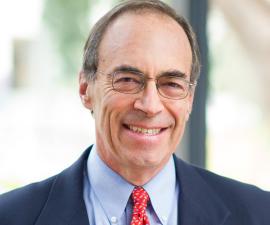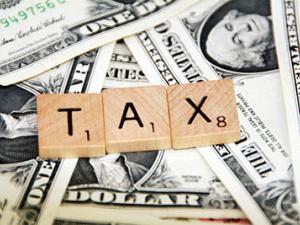

Research Expertise and Interest
economics, law, tax policy, public finance
Research Description
After receiving his Ph.D. in economics, Alan Auerbach served as an assistant, then associate professor, of economics at Harvard University, and as a professor of law and economics at the University of Pennsylvania. He has served as a research associate at the National Bureau of Economic Research and as the Deputy Chief of Staff on the U.S. Joint Committee on Taxation.
He joined Boalt in 1994 and holds a joint appointment in the Department of Economics. Auerbach was elected to the American Academy of Arts and Sciences in 1999.
In addition to teaching, Auerbach is director of the Robert D. Burch Center for Tax Policy and Public Finance, a collaboration between the law school and the Department of Economics. The center was established in 1994 by Boalt graduate Robert D. Burch to depoliticize economic policy and to support the thoughtful analysis of tax policy issues.
